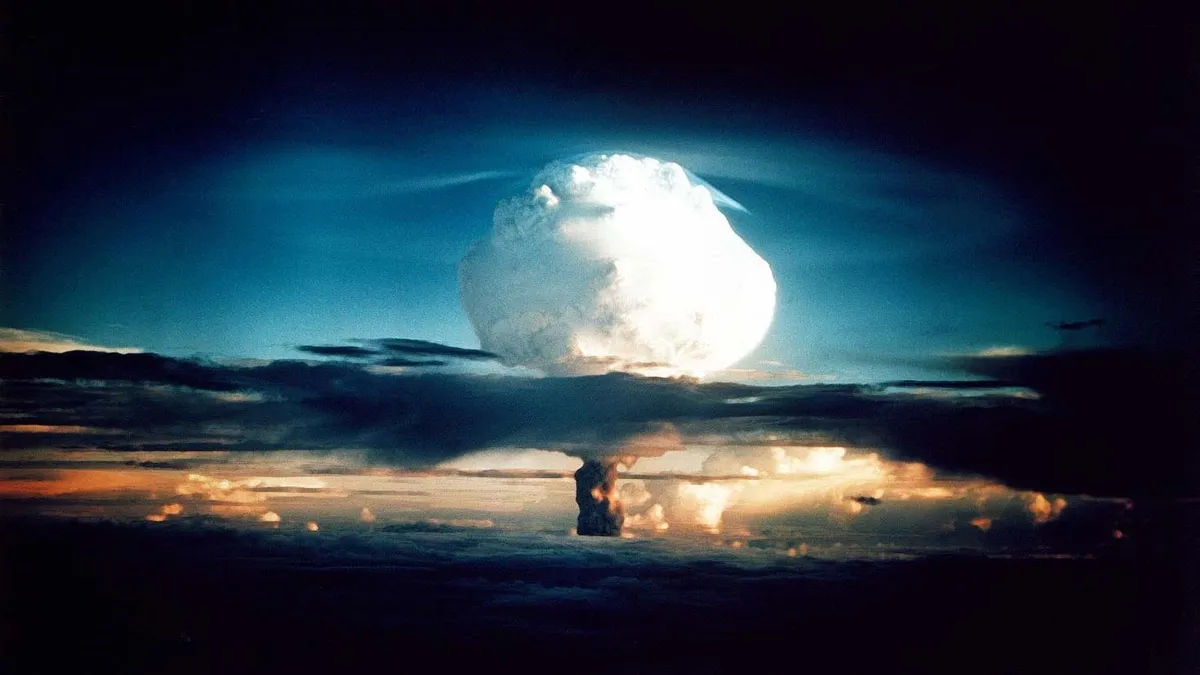Technobabble is our look at the weird, wonderful and wildly creative aspects of technology and the tech industry. If you have any babble, feel free to E-mail directly or reach out on Twitter.
It recently struck me that the excitement, and sometimes panic, about technological innovations can stay within the bubble of those who work, and in my case cover, the sector. Discussions about the latest gadgets, tech methodologies or malware iterations can often stay insular in the tech bubble.
If you're a CIO, your direct reports in the IT department may not cause you as much concern when it comes to cyberthreats. But the CIO has to provide technology across the enterprise, networking all departments, such as HR, business administration and sales. Staff in those areas might not be as clued into the threats that can lurk on networks. The average user may not be aware that their computer habits could have a direct impact on their company's security posture.
For example, a recent study from Cybereason found that half of survey respondents had never heard of ransomware.
This struck me as an odd stat, considering how many ransomware attacks against hospitals are widely reported. So I asked friends on Facebook: "Do you know what ransomware is?"
Some gave a resounding "yes." Others sheepishly answered "no." And then a gaggle of millennial women cited an episode from "The Good Wife" as their reason for knowledge of ransomware.
(In the episode, one of the main characters clicks on a suspicious link that locks all the law firms files. The characters now have to figure out how to access court files in time for their afternoon hearing).
One person even claimed to be "active in the local ransomware scene," but when questioned further said they had "wared a few ransoms" this year. Not a likely suspect.
Taking cybersecurity course for work, but I feel like betwn Mr Robot & The Good Wife, I was already covered and/or terrified of ransomware??
— Mo Ryan (@moryan) July 6, 2016
But what came of my mini investigation is the idea that those same people who work in companies across the U.S. who do not always have a firm understanding of lurking cyberthreats.
So while CISOs and CIOs increase their efforts and investments to protect their networks with the latest tools, it is worth remembering that the biggest threat to cybersecurity often stems from unknowing employees.
Meanwhile, in other Technobabble news ...
Cheers to the beautiful phones
President Donald Trump is still tweeting from his "old, unsecured Android phone," The New York Times reports.
While he has a new, Secret Service approved device that few people know the number to, he reportedly hung onto his trusty Android device.
Even though he kept a phone memento from the time before he was the leader of the free world, Trump did admit that the White House has "the most beautiful phones I've ever used in my life." They are indeed "the world's most secure system."
Your unnecessary reminder that Silicon Valley's elite are loaded
As it turns out, people are a bit concerned about the future. More specifically, there are some doomsday theorists who fear a collapse of the government more than they do a debilitating earthquake. Perhaps they checked the Doomsday Clock and found that it shows just two-and-a-half minutes to midnight, also known as when humanity will be at the point of destruction.
But who are these concerned citizens? As it turns out, they did not appear on the National Geographic Channel's "Doomsday Preppers." Rather, they're members of the 1%. These prepared preppers are people like tech executives and hedge-fund managers found in elite strongholds like Silicon Valley and New York City, The New Yorker reports.
For these survivalists, if the clock strikes midnight they want to be ready. They even have a private Facebook group dedicated to swapping tips, such as the best gas masks, places to put bunkers and what parts of the world could survive climate change.
The co-founder and CEO of Reddit, Steve Huffman, is ready to survive any threat. To prepare, he got laser eye surgery so he wouldn't have to rely on things like contact lenses or glasses.
"If the world ends — and not even if the world ends, but if we have trouble — getting contacts or glasses is going to be a huge pain in the ass," Huffman told The New Yorker.
Maybe that tech money can help other elite CEOs and founders outlast the world's end.
So, who's going to ask him if he has room in his bunker?
DuckDuckGo all the rage
DuckDuckGo, the privacy-conscious search engine that vows not to track users, celebrated record usage this month. Maybe it's the current political climate. Or maybe its an increased technological awareness. Whatever it is, people are concerned about privacy.
On January 10, DuckDuckGo had its first 14 million anonymous search day. And as of the end of 2016, the search engine surpassed a cumulative total of 10 billion anonymous searches, 4 billion of those in 2016.
DuckDuckGo is trying to raise standards for trust online, especially as people look to reduce their digital footprints. The search engine's achievement is particularly timely as Saturday, Jan. 28, is Data Privacy Day. The international effort is designed to help create awareness of online privacy, security and how people can protect their personal information online.












